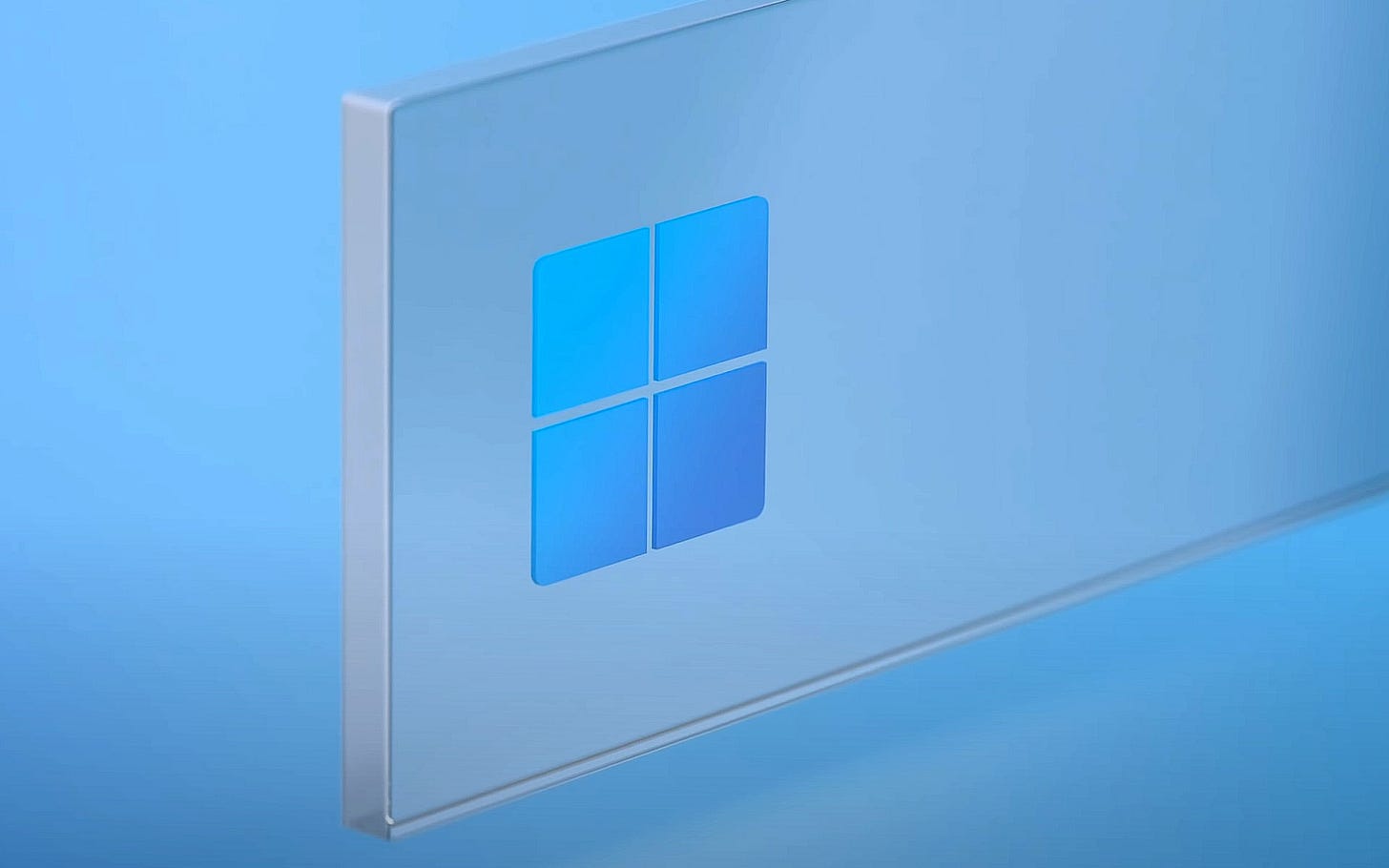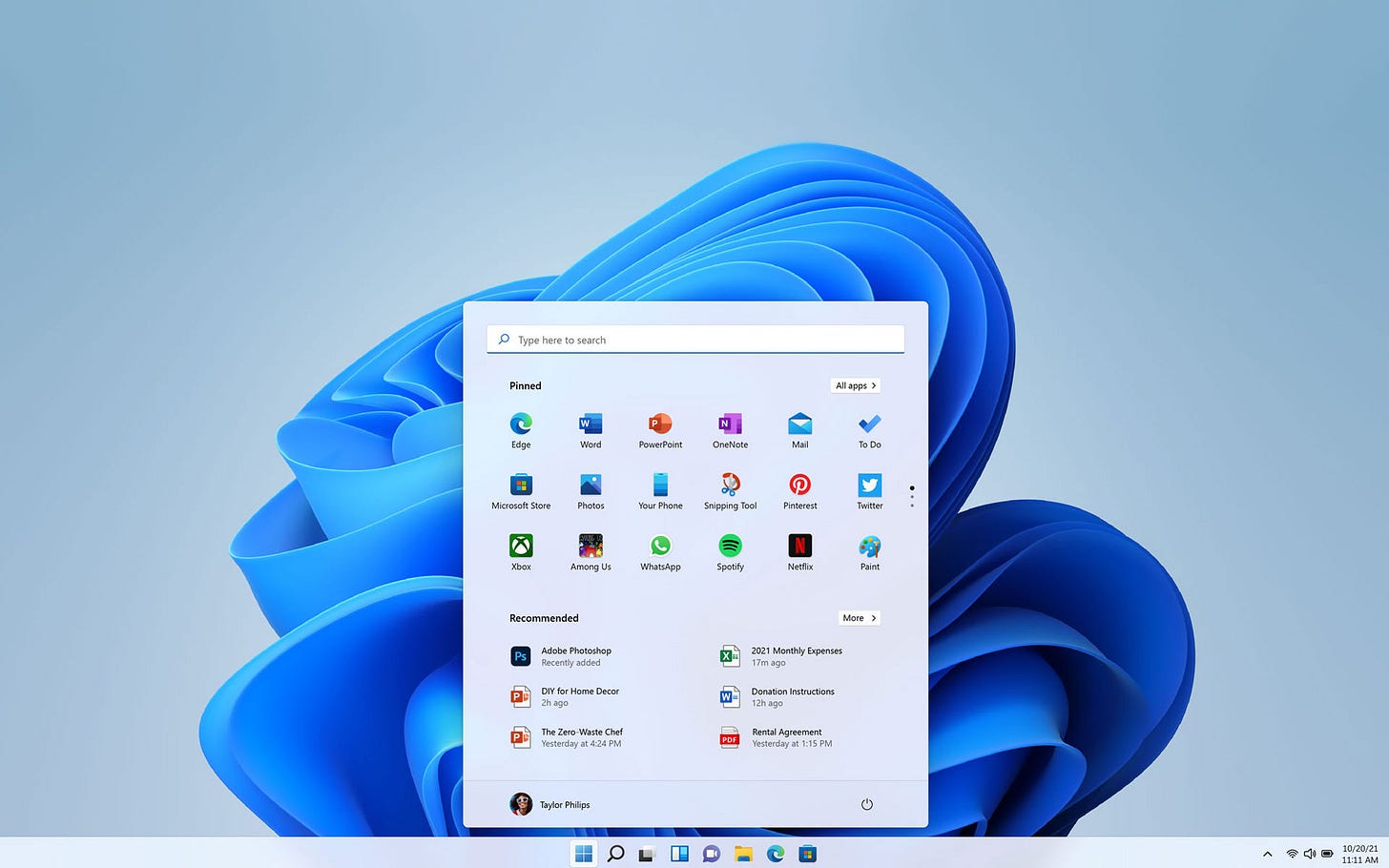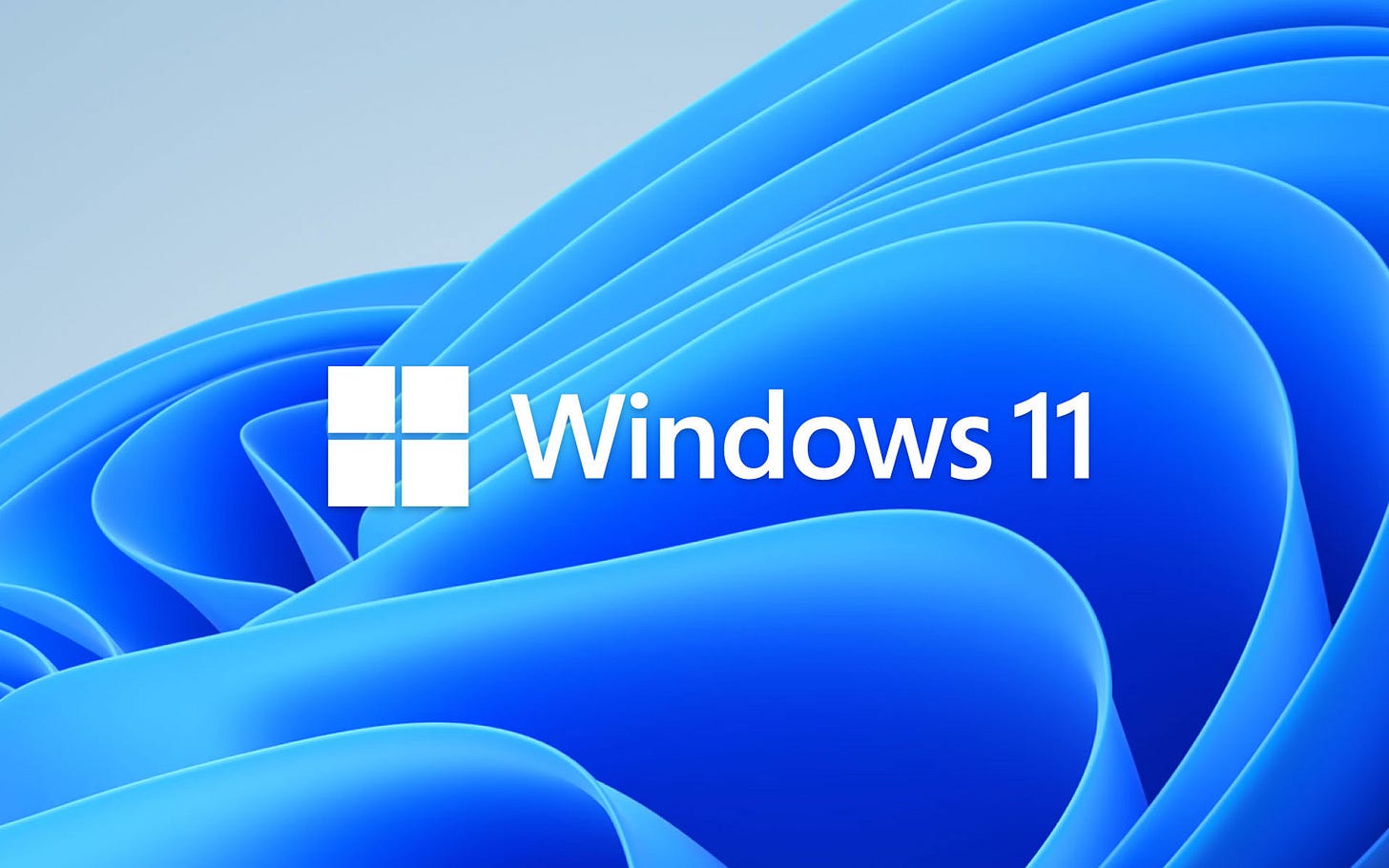Windows 11 must be absolutely perfect. If it's not, it's a failure.
There is a very good reason why that is and Microsoft should finally take note

Windows 11 was officially unveiled a few days ago and tidbits of new information about Microsoft's new operating system continue to appear here and there in various outlets - some of them so important, actually, that they should have been included in the company's presentation. Here are two of those. One, Microsoft's various executives themselves, as well as partners such as Walmart, strongly hint at an October release of Windows 11 (or is it "release"? - we'll get back on that). Two, the upgrade of Windows 10 to Windows 11 will not be offered in 2021: Microsoft plans to start making it available "in 2022" and "through the first half of that year" for "devices already in use".
These two bits of info do feel like they contradict each other, though. The "release" of Windows 11 is seemingly planned for October (at some point) while the upgrade from Windows 10 is planned for... next year (at some point)? An October "release" of Windows 11 with no availability of the new OS through Windows Update would imply that, short-term, Microsoft is focusing exclusively on the promotion of the expected array of new PCs that its hardware partners will be offering with Windows 11 pre-installed. The Redmond giant has every right to make that choice, but there's surely going to be backlash from many Windows 10 users interested in upgrading to Windows 11 this year (whether a "clean install" on existing PCs will be an option remains to be seen).

This choice has an obvious upside and downside for consumers. The upside: they will be offered an operating system that has had its teething problems identified and probably resolved by 2022, which may make for an uneventful upgrade later on. The downside: they will not get to taste the latest and (supposedly) greatest version of the world's most popular operating system at a time when everyone will be talking about it: the fourth quarter of each year is the most commercially active period for the PC market, lots of computers will be offered and sold based on Windows 11, so it will be a bummer to not be part of the fun at that point.
This approach of releasing/"releasing" Windows 11 in two stages has a downside for Microsoft too, though (apart from a potential PR disaster happening when it becomes clear that this choice was made in order to boost new PC sales): it seriously raises the bar of expectations as far as the overall quality of Windows 11 is concerned. If Microsoft's new operating system is offered in pre-installed form only in 2021, then consumers should demand nothing less than perfection - especially on those spanking new computers that were tested and certified for Windows 11. Similarly, if these new Windows are not offered to Windows 10 users until early 2022, then those people should also demand a trouble-free transition and flawless operation. It's only fair on both counts.

There's an even more important reason why Windows 11 absolutely has to deliver on the quality front this time around: it's the least it can do considering what it actually is. Windows 11 is not a revolutionary product by any means. It is not even that evolutionary compared to Windows 10. Based on what was shown in Thursday's presentation, Windows 11 is what a decade ago would be called "a glorified service pack". New GUI, nice. New productivity features, nice. A handful of gaming features, nice. A few other things, sure, nice. But there's nothing that can be done in Windows 11 that can't be done in Windows 10. The new OS is not essential. Many already believe that the number "11" is more of a marketing tool than anything else and, well, it's proving hard to change their minds.
So... yes: the least it can do for consumers, this glorified service pack, is be absolutely perfect. No flaws, no problems, no hiccups. Nothing that needs urgent fixing during the first few days. A product that just works and delivers in 2021 and in 2022. If Windows 11 is not that perfect product, then it's a failure. And if that sounds harsh, it's really not: based on how Microsoft themselves framed this, a perfect Windows 11 operating system is the only way the Americans can redeem themselves in the eyes of mainstream consumers that have put up with the decidedly imperfect Windows 10 for four, long years.


